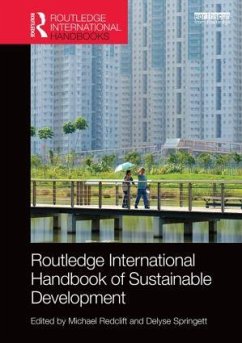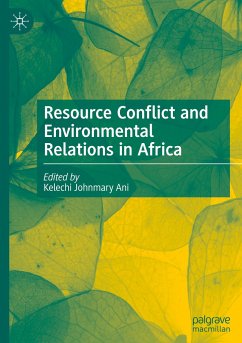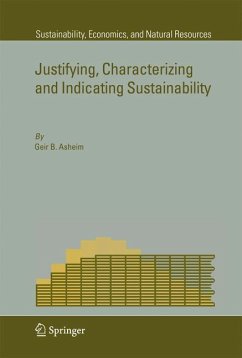
Reforming Institutions in Water Resource Management
Policy and Performance for Sustainable Development
Herausgeber: Crase, Lin; Gandhi, Vasant P
Versandkostenfrei!
Versandfertig in über 4 Wochen
138,99 €
inkl. MwSt.

PAYBACK Punkte
69 °P sammeln!
First Published in 2009. Routledge is an imprint of Taylor & Francis, an informa company.












